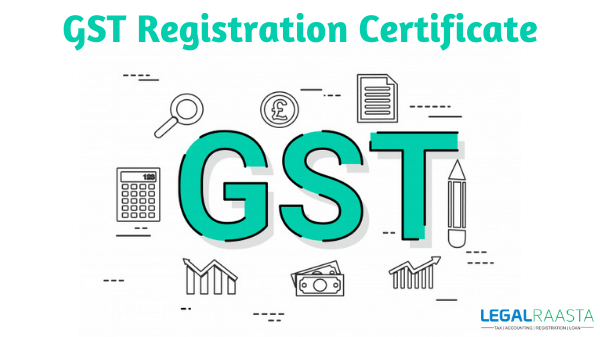Complete List for Reliable Singapore GST Registration
The Ultimate Guide to Streamlining the GST Registration Process and Needs for Local Business Owners
.jpg)
Recognizing GST Fundamentals
To comprehend the basics of the Product and Solutions Tax (GST) system, small business owners must initially recognize its underlying concepts and effects. GST is a value-added tax levied on many products and services for domestic consumption. It aims to enhance the tax process by replacing numerous indirect tax obligations imposed by the state and central federal governments. Under the GST routine, organizations are called for to sign up and gather tax on part of the federal government, making sure transparency and compliance.
Among the essential concepts of GST is input tax credit scores, which permits services to claim credit score for taxes paid on their acquisitions. This mechanism stops the cascading impact of tax obligations and promotes performance in the tax system. Furthermore, GST is a destination-based tax, indicating that the tax obligation is levied at the factor of consumption instead of the point of beginning. This makes certain fair distribution of tax obligation income amongst states based on where the items or services are eaten. Comprehending these standard principles is important for tiny company proprietors to browse the complexities of the GST system and guarantee conformity with the regulation.
Eligibility Criteria for Registration
Having established a foundational understanding of GST principles, small company owners should currently fulfill details qualification standards to continue with the enrollment process. In India, entities took part in the supply of goods or services with an annual accumulation turn over going beyond Rs. 40 lakhs (Rs. 10 lakhs for unique classification states) are needed to register for GST. Additionally, certain businesses such as those associated with inter-state supply of goods, informal taxed individuals, and those needed to pay tax under the reverse cost device have to sign up for GST regardless of their turn over. Moreover, services that were registered under the previous tax program (BARREL, solution tax, etc) are also mandated to register under GST. Nonetheless, farming organizations that just supply produce out of primary manufacturing are exempt from GST registration. It is essential for local business owner to meticulously analyze their eligibility based on these standards to make sure compliance with the regulation and prevent any fines for non-compliance.
Files Needed for GST Enrollment

Simplified Registration Refine Actions
Following the collection and verification of the requisite papers, the registration process for GST can be navigated through a series of simplified actions created to facilitate reliable compliance for tiny service owners. Upon effective verification, an Application Referral Number (ARN) is issued, indicating the conclusion of the GST registration procedure. By adhering to these simplified actions, small business proprietors can efficiently sign up for GST and guarantee conformity with tax laws.
Tips for Ensuring Compliance
To keep regulative adherence and operational stability, persistent oversight and proactive procedures are critical in guaranteeing conformity with GST needs for little business owners. Little organization proprietors must remain upgraded with GST guidelines, submitting deadlines, and any changes in tax obligation rates to stay clear of fines and keep a great standing with tax authorities. Going to GST awareness workshops or training programs can boost understanding and conformity with GST policies, eventually profiting the company in the lengthy run.
Verdict
In conclusion, local business owners have to comprehend the basics of GST, meet the eligibility standards, gather required records, and comply with the simplified registration process steps to ensure compliance. By simplifying the GST registration process and needs, local business proprietors can prevent charges and operate their businesses smoothly within the lawful structure - Singapore GST Registration. It is critical for local business proprietors to remain compliant and educated with learn the facts here now GST regulations to preserve an effective organization procedure
Small company owners looking for GST enrollment have to ensure they gather and submit the needed documents to finish the enrollment process effectively. The papers required for GST registration commonly include proof of business registration or unification, PAN (Irreversible Account Number) card of the organization address, identification and entity evidence of the promoters/partners/directors, photos, address proof of the area of organization, financial institution account declarations or canceled cheques, and consent forms. Participating in GST recognition workshops or training programs can improve understanding and compliance with GST regulations, ultimately profiting the organization in the long run.
By simplifying the GST registration process and requirements, tiny business owners can stay clear of fines and run their services smoothly within the legal structure. It is essential for small organization owners to remain certified and informed with GST policies to preserve a successful company operation.